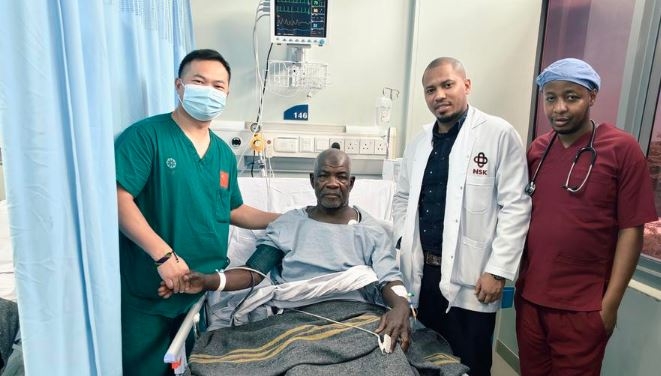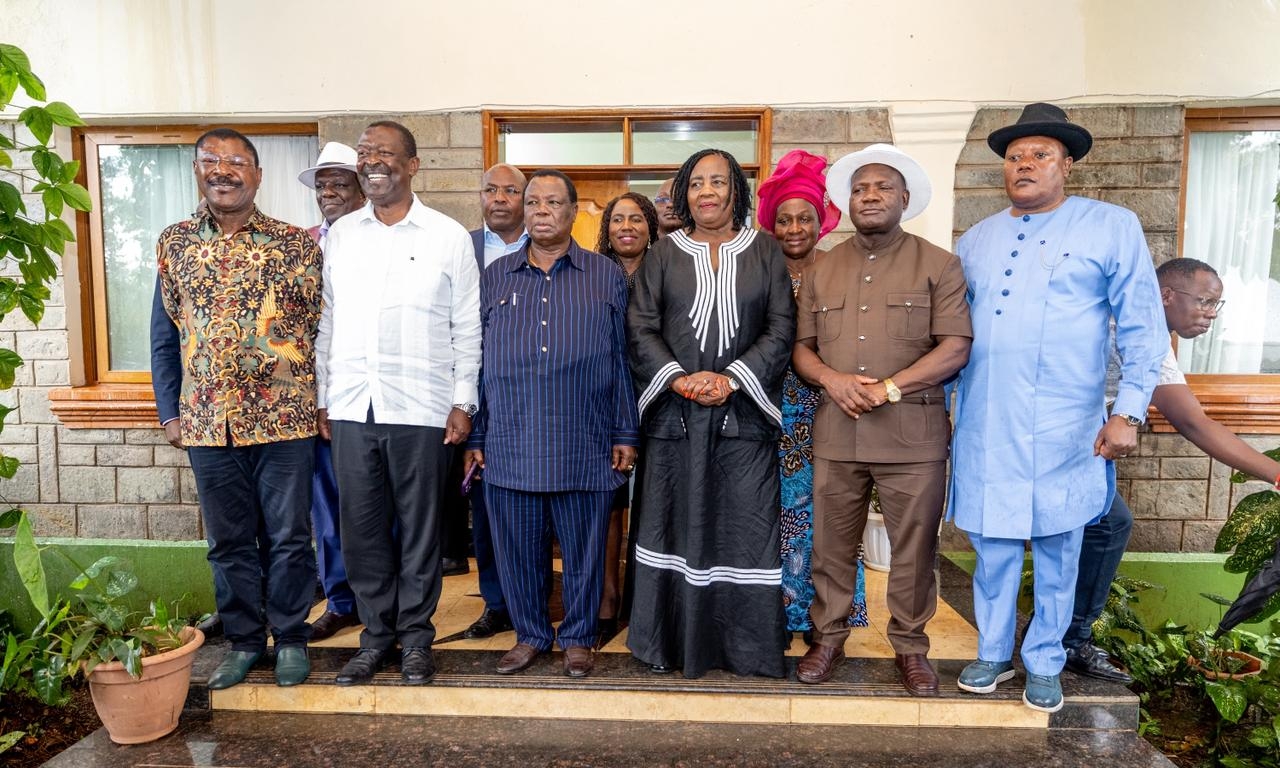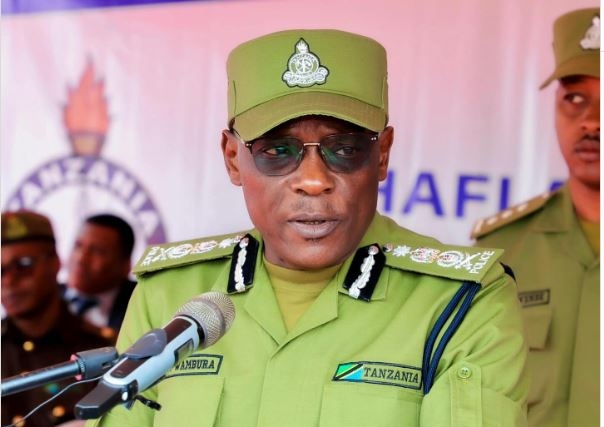The government will list at least 10 state owned enterprises at the Nairobi Securities Exchange (NSE) in the next 12 months to re-awaken the country's capital market.
President William Ruto said the government will bring six to ten companies to the market through initial public offerings (IPOs) , urging the private sector to also list at least five firms.
Speaking at the bell-ringing ceremony to mark the launch of the enhanced NSE Market Place, Ruto said that government-owned enterprises whose offloading is behind schedule will be sold off to private investors.
"My administration will revitalise the capital markets by privatisation of State-owned enterprises, where divestiture is overdue and strategic," said the president.
This move is expected to stir activity at the bourse which has experience a six -year listing dry spell amid lost of confidence in the capital markets by investors.
In June, the Nairobi bourse fell to lows last seen at peak of the Covid-19 pandemic in 2020, wiping out Sh627.5 billion of investor wealth in paper money since the beginning of 2022.
The market capitalisation dropped to below the Sh2 trillion mark for the first time since August 2020.
The value of all stocks stood at Sh1.965 trillion compared to Sh2.636 trillion at the start of the year, while the NSE main index has dropped to a 19-year low on foreign investors’ flight.
Stanlib Fahari REIT was the last entity to list at NSE via GEMS platform. listed. The last successful privatisation by the government was the Safaricom initial public offering in 2008.
The NSE-20 Share Index closed at 1,644 points, a level last seen in April 2003.
Ruto's promise is comes in the backdrop of a similar one by his predecessor Uhuru Kenyatta who had lined up 26 companies for privatisation.
Some of government agencies that had been lined up for sale included state owned sugar firms Sony, Nzoia, Miwani and Muhoroni.
Others were Kenya Tourism Development Corporation, Development Bank of Kenya, Kenya Pipeline, Kenya Ports Authority among others.
None of has been listed despite the government setting up a privatisation commission to drive the process.
Ruto further disclosed that his administration will introduce domestic bonds to spur secondary listings.
Domestic bonds are issued by borrowers resident in the country of issue, denominated in their local currency and regulated by the local authorities.
''We want our local firms to fund local projects and create value for their investors,'' Ruto said.
NSE chairman Kiprono Kittony said the bourse is a great remedy to expensive external loans that have pushed up the country's public debt to Sh8.6 trillion so far.
''We are sleeping on a goldmine. I am happy that this government has seen this in early days of its rule. It is time for the private sector to work hand in hand with the government to better lives of our people,'' Kittony said.
Cooperative Bank managing director Gideon Muriuki challenged the government to harness untapped opportunities in the country's cooperative movement.
Kenya's cooperative movement is the strongest in Africa – a key player in the economy, controlling about 43 per cent of Kenya’s gross domestic product (GDP).
He appealed to 15,000 member movement to take advantage of incentives given by the government to participate in the lucrative capital market place.
Ruto invited private companies reluctant to list in the NSE because of "tax issues that may arise" if they disclose their financial information.
"The government is willing to work with you so that we can remove those impediments. We are ready to forgive some sins, let me put it that way, so that we can all move together," he said.
Currently, the bourse has 63 listed stocks with a total market capitalisation of Sh1.9 trillion, of which Safaricom controls 50 per cent market share.












